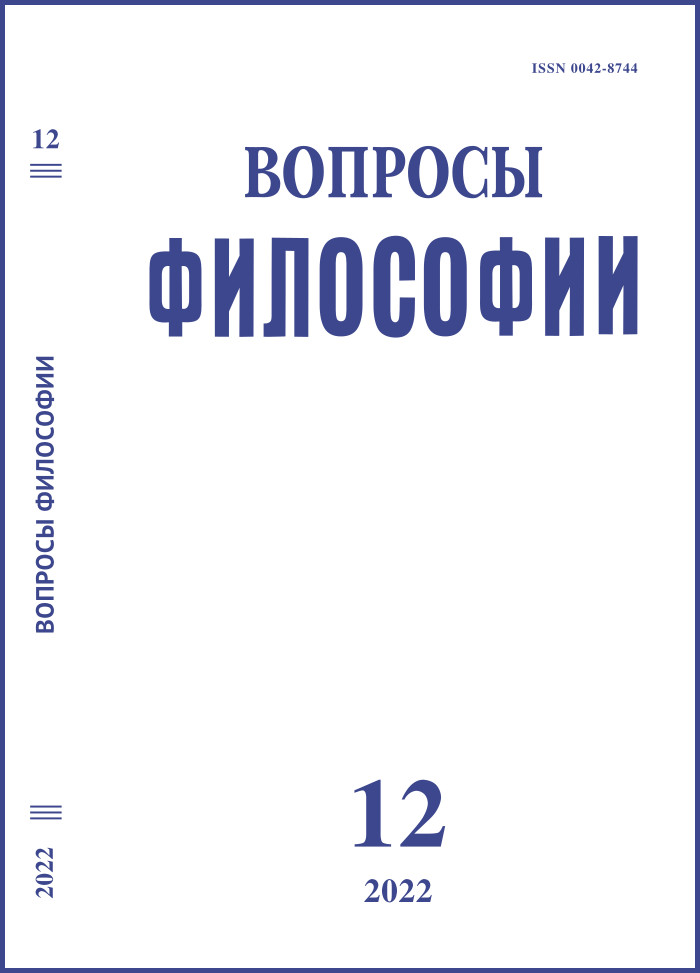Functional Collapse in Social Experiment
DOI:
https://doi.org/10.21146/0042-8744-2022-12-52-56Keywords:
social experiment, social knowledge, reproducibility, ethics, social innovation.Abstract
The article analyzes the current state and prospects of the philosophical and methodological issue of the cognitive functions of the social experiment as a method of social research. It seems that it can be justifiably argued that comprehension of the centuries-old experience of conducting socio-economic, socio-psychological, socio-pedagogical and socio-administrative experiments leads to a sad conclusion about the scientific unreliability of their results. A significant part of the experiments contain signs of bias, the manipulation of researchers with their subjects and methodological tools in order to obtain deliberately planned or preferred results. In cases of complete scientific conscientiousness and correctness of the experiment, it is almost never possible to repeat it, reproduce it in order to verify, supplement and clarify its data, because neither the subjectivity of the researcher and the subjects, nor the sociocultural conditions and circumstances of the experimental action can be reproduced. Thus, it turns out that social experimentation did not lead to the replenishment of the array of social knowledge, leaving only individual cases, variably interpreted data, that it only participated in the verification and substantiation of significant hypotheses and theories as an auxiliary tool. The degree of freedom of social behavior does not allow one to hope to obtain reliable knowledge through experimental work with social individuals and groups, but, on the other hand, social experimentation is increasingly manifesting itself as a useful intermediate social practice, as a technology for measuring the acceptability of specific innovations in a particular society. It is suggested that it would be useful to reconsider the methodological and philosophical and scientific understanding of the meaning and tasks (functions) of the social experiment.
Published
Versions
- 2025-02-07 (2)
- 2022-12-31 (1)

